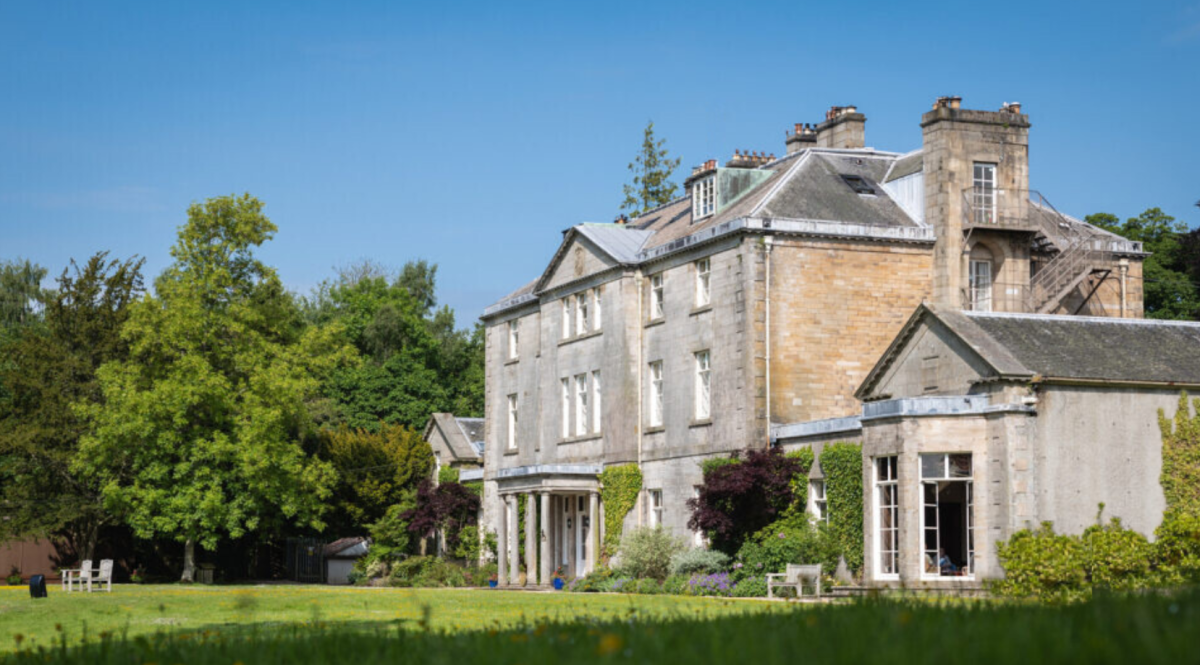
Private Rehab Treatment Near Edinburgh
Inpatient Addiction Rehab Near Edinburgh, Scotland
Castle Craig is a private residential drug and alcohol addiction rehab centre in the Scottish Borders. Located near West Linton, about 20 miles south of Edinburgh in the EH46 area by Blyth Bridge, our experienced team offers specialised addiction treatment. We are the longest-standing family-run centre in the area, with over 37 years of expertise.
We provide a therapeutic environment for people seeking inpatient rehab, just one hour from Edinburgh. If you are looking for support in the Edinburgh area, we encourage you to call us today on 01721 546 263. Our team is ready to talk through your options for residential addiction treatment and how our compassionate, professional setting can support your recovery journey.
Our programme combines medical detox with evidence-based psychotherapies and holistic therapies to ensure each patient gets the support they need for long-term recovery. Our rural location in the Borders countryside offers both privacy and accessibility, ensuring residents of Edinburgh receive the highest quality treatment while staying connected to their support networks at home.
Castle Craig Has Excellent Patient Reviews and Ratings
Castle Craig consistently receives high recommendations from patients, with a 4.6-star rating on Google reviews. This reflects our commitment to providing excellent, effective addiction treatment in the UK. It also shows the strong trust people place in us and points to the success they find in their recovery journeys, highlighting the person-centred quality of our care.
Our dedication to helping people achieve stable abstinence is further supported by the number of people who choose to share their experiences. We have over 100 reviews on Google Business Reviews alone. This significant volume of feedback speaks volumes about the genuine impact we make and the consistent positive experiences people have at our inpatient rehab centre.

Start Your Recovery at a Residential Rehab Today
Castle Craig Rehab Centre Location, an Hour From Edinburgh, Scotland
Reaching Castle Craig rehab centre from Edinburgh, Scotland, is straightforward and helps ease your journey to your confidential drug and alcohol addiction treatment. Our private residential facility is situated in the Scottish Borders, offering a peaceful setting for recovery. Below, we describe common travel options from Edinburgh to help you plan your arrival.
- By Car or Taxi: Driving or taking a taxi from Edinburgh offers a direct route to our inpatient countryside rehab centre. You would typically head south, often using roads like the A701 or A702, which lead into the Scottish Borders. As you leave Edinburgh, you will pass landmarks such as Arthur’s Seat, Rosslyn Chapel and the Pentland Hills. The drive usually takes about 45 minutes to 1 hour from Edinburgh Waverley Station or Edinburgh Airport, depending on traffic.
- By Train: For those preferring public transport, getting to us from Edinburgh Waverley or Tweedbank Station is an accessible option. Edinburgh Waverley itself is a historic transport hub, and you can also take a ScotRail line to Tweedbank Station. A taxi or car drive from either station takes around 45 minutes to an hour through the beautiful Scottish Borders hills.
-
Getting to Edinburgh from Major UK Cities
Edinburgh is a well-connected city, making travel from various major UK cities straightforward. Whether you prefer rail journeys, road trips or flights, reaching Scotland’s capital is usually convenient. The information below outlines common travel options from key locations to help you arrange your journey.
Being located close to Edinburgh makes treatment easily accessible and allows patients to get away from the stress and distractions of daily life and focus on their recovery in our peaceful countryside setting near West Linton. Surrounded by nature and free from the triggers of the city, patients can fully immerse themselves in the healing process and still be close enough for family and friends to visit.
Driving to Castle Craig clinic from Edinburgh and the Lothians takes 35 minutes via the A702 via West Linton, or the A701 via Straiton. We regularly collect patients from central Edinburgh, Edinburgh Waverley, the Lothian area and Edinburgh International Airport.
Directions from Glasgow: Travelling from Glasgow to Edinburgh is very simple. Rail services frequently run from Glasgow’s city centre stations, connecting directly to Edinburgh Waverley. Alternatively, you can drive directly to Castle Craig from Glasgow using the A721. The journey by either method typically takes around one hour to an hour and 15 minutes, making it a quick trip.
For train travel, you can depart from Glasgow Central or Queen Street stations. Arriving at Edinburgh Waverley places you centrally in the capital. When driving, the M8 provides a direct link between the two cities. Always check current travel updates and timetables for exact timings before setting off.
Directions from Aberdeen: Reaching Edinburgh from Aberdeen offers several reliable travel choices. Direct train services provide a comfortable journey to Edinburgh Waverley. Driving involves a scenic route, primarily using the A90 and M90 motorways. Flights are also an option for those seeking a quicker air link from Aberdeen Airport.
The train journey usually takes about two and a half to three hours. Driving can take a similar amount of time, depending on conditions. If flying, you will arrive at Edinburgh Airport. For precise departure and arrival times, checking online rail, road or flight schedules is always advisable.
Directions from Newcastle: Travelling from Newcastle to Edinburgh is a direct journey, well-served by major routes. Express train services run along the East Coast Main Line, connecting Newcastle Central Station to Edinburgh Waverley. Driving involves a clear route, primarily following the A1(M) motorway northbound into Scotland.
The train trip typically lasts about one and a half to two hours, offering good speed. By car, the drive generally takes between two and two and a half hours, conditions allowing. Both options provide efficient travel to Scotland’s capital.
Directions from Leeds: Getting to Edinburgh from Leeds offers convenient travel possibilities. Direct train services are available from Leeds, often connecting via York or Newcastle to Edinburgh Waverley. Driving involves primarily using the A1(M) motorway, heading north towards Scotland.
The train journey typically takes between three and three and a half hours. By road, the drive usually lasts around four to four and a half hours, depending on conditions. Both provide effective ways to reach Edinburgh. For the most up-to-date travel information, checking online schedules or traffic updates is recommended.
Directions from Liverpool: Journeying from Liverpool to Edinburgh offers various travel choices. Train services depart from Liverpool Lime Street, typically connecting through Manchester or Preston before reaching Edinburgh Waverley. Driving involves travelling north, mainly along the M6 motorway, through Cumbria towards Scotland.
The train trip generally takes between three and a half to four and a half hours. By car, the drive usually ranges from four and a half to five hours, depending on traffic. Both provide good access to Edinburgh.
Directions from Belfast: Reaching Edinburgh from Belfast involves crossing the Irish Sea, with flying or ferry travel being the main options. Flights are available from Belfast City or Belfast International Airport to Edinburgh Airport. Ferry services run to Scottish ports, where onward travel to Edinburgh can be arranged.
Flights offer the quickest route, with air time typically under an hour, followed by a transfer from Edinburgh Airport. Ferry crossings usually take a few hours, with driving from the Scottish port then needed. For precise schedules and connections, check current airline or ferry operator details online.
Directions from Birmingham: To get from Birmingham to Edinburgh, you can use well-established travel choices. Direct train services run from Birmingham New Street station to Edinburgh Waverley. Driving involves a straightforward route north, primarily along the M6 motorway, heading through England towards Scotland.
The train trip usually takes between four and five hours, offering a comfortable journey. By car, the drive typically ranges from five to six hours, depending on traffic conditions. Both options offer efficient travel to Edinburgh.
Directions from Bristol: Travelling from Bristol to Edinburgh involves a longer journey with reliable options. Train services run from Bristol Temple Meads, usually connecting in major cities before reaching Edinburgh Waverley. Driving involves a scenic route north, primarily along the M5 and M6 motorways, through the UK countryside.
The train journey typically lasts between five and six hours. By road, the drive usually takes around six to seven hours, depending on travel conditions. Both offer a clear route to Edinburgh. For precise schedules and any potential route changes, checking online transport information before your departure is always recommended.
Directions from London: There are numerous ways to travel from London to Edinburgh. Express train services depart from London King’s Cross along the East Coast Main Line to Edinburgh Waverley. Driving involves a direct route, primarily using the A1 or M1 motorway. Flights are also frequently available from London airports.
The train journey typically takes about four and a half to five hours. By car, the drive usually ranges from seven to eight hours. Flights from London airports to Edinburgh Airport take around an hour’s air time, plus transfers.
Our Sober Companion and Sober Transport Services
Castle Craig provides sober companion and sober transport services to assist patients in reaching our facility from Edinburgh and beyond. Whether travelling by car, plane or train, our dedicated staff can arrange for a companion to accompany you from your location in the UK. We also provide a pick-up service from major transport hubs, such as stations in Edinburgh and Glasgow, to ensure the final leg of your journey is comfortable, safe and stress-free.
Find Us
01721 546 263
info@castlecraig.co.uk
Castle Craig,
West Linton, Edinburgh, United Kingdom, EH46 7DH
Types of Substance Addiction Detox and Rehab Programmes in and Near Edinburgh, Scotland
Around Edinburgh, various substance addiction detox and rehab options exist to support drug and alcohol addiction recovery. Rehab centres offer specialised addiction treatment for different needs, from initial detox to longer-term care. Finding the right setting for you or a loved one, whether urban or rural, is an important step towards overcoming substance misuse.
-
Alcohol Detox and Rehab in the Scottish Borders
Alcohol detox and rehab in the Scottish Borders offers a peaceful place for recovery. The quiet, nature-rich setting helps people step away from social pressures often linked to drinking. Fresh air and a calm atmosphere outside the city support physical healing and mental clarity, which are important for beating alcohol addiction.
At Castle Craig, our rural location provides an ideal environment for alcohol addiction treatment. Our residential rehab helps people heal and recover away from daily temptations. We offer dedicated support, allowing you to focus on managing alcohol addiction and building a new, healthy life free from substance misuse.
-
Cocaine & Stimulant Addiction Rehab Near the North of England
Stimulant drug and cocaine addiction treatment near Northern England offers distinct advantages. Rustic, countryside rehab settings can help people break free from specific urban triggers linked to cocaine misuse. Being away from big city environments, such as Manchester, Edinburgh or Liverpool, creates a safer space to focus on healing without immediate access to alcohol, drugs or old social circles.
Scenic rehab locations in Edinburgh provide a peaceful background for intensive therapy. The quiet, Scottish surroundings and fresh air help reduce stress and improve sleep, both crucial for cocaine detox and addiction treatment. This focused environment supports patients in building new coping skills and setting a strong foundation for lasting, fulfilling sobriety.
-
Heroin, Methadone and Opiate Rehab in Southern Scotland
Heroin, methadone and opiate rehab in South Scotland offers significant benefits for life-saving drug addiction treatment. The removed and quiet environment aids in medically managed detox near Edinburgh, helping people safely withdraw from opiates. Being away from urban drug scenes allows for deep focus on physical stabilisation and early recovery from heroin, meth and opioid addiction.
Castle Craig provides a supportive setting for drug rehab in West Linton. We offer dedicated opioid detox and addiction treatment to help people overcome severe dependencies. Our residential rehab facility near Edinburgh supports healing in a truly peaceful and dedicated space, assisting you in managing withdrawal and moving towards lasting abstinence for you and your family.
-
Cannabis and Synthetic Drug Recovery in a Rural Setting
Synthetic drug and cannabis recovery in a rural setting uses nature’s benefits to support committed addiction treatment. The calm environment helps individuals reduce cravings and manage mental health difficulties, often caused by cannabis misuse. Being away from social groups where these substances are common creates a clean start for recovery.
Nature-based addiction rehab centres near Edinburgh can offer seclusion and fresh air. This helps reduce agitation and improve sleep, both crucial for managing psychological symptoms from synthetic drugs. A focused environment supports people in building resilience and developing lasting skills for a future free from cannabis addiction.
-
Ketamine and Club Drug Detox in the Scottish Borders
Ketamine and club drug detox near the Scottish Borderlands provide rehab spaces with expert medical supervision. These substances need careful handling during withdrawal. A peaceful environment helps to reduce anxiety, which is beneficial when dealing with the unpredictable effects of ketamine and club drug addiction.
Our medically managed ketamine detox in the Scottish Borders provides a fitting setting for ketamine and club drug detox near Edinburgh. At Castle Craig, we offer specialised, patient-centred addiction treatment that helps you safely withdraw from ketamine under expert medical care and compassionate support.
-
Prescription Drug Dependency Treatment in a Countryside Clinic
Prescription drug dependency treatment in countryside rehab clinics takes place in a quiet, structured environment. A fresh setting helps people step away from daily routines where misuse might have previously occurred. The distance from easy access to pharmacies or doctors aids in breaking habits and allows focus on safe medication management and therapy.
Countryside rehab retreats near Edinburgh also provide privacy and a slower pace of life, helping people calmly reflect on their substance misuse. The natural surroundings support reduced anxiety and improved sleep, which are important for focusing on therapy and building valuable skills for recovery from prescription drug addiction.
-
Benzodiazepine and Sleeping Pill Detox Near Northern England
Sleeping pill and benzodiazepine detox near the North of England offers a highly supportive environment for withdrawal. The peaceful atmosphere helps reduce stress and promotes relaxation, which is crucial for safely managing benzodiazepine addiction. Medically managed care in detox clinics near Edinburgh, Blackpool or Newcastle provides constant oversight for a structured withdrawal process.
Our private detox treatment near Edinburgh provides a safe place for benzodiazepine and sleeping pill detoxification. At Castle Craig, we offer specialised addiction treatment that helps you safely withdraw from harmful drugs under skilled medical care. Our stunning location near the North Country allows you to breathe away from daily life and start anew.
-
Polydrug and Complex Addiction Rehab in the South of Scotland
Polydrug and complex addiction rehab in the South of Scotland addresses the challenge of misusing multiple substances. These cases require highly dedicated drug addiction treatment, as withdrawal symptoms and psychological factors are often more complicated. Specialised drug rehab centres near Edinbrugh can provide the focused care needed for these situations.
Residential rehabs in Scotland can also offer safe and private surroundings for navigating complex substance misuse. Their calm environment helps people focus on deeper healing and personal growth without outside distractions. This supports long-term recovery, allowing people to build a new life free from the burden of multiple addictions.
Free Addiction Assessment
Taking the first step and asking for help can feel daunting, but our team is here to assist you.
Inpatient Drug and Alcohol Detox Near Edinburgh
Castle Craig offers expert medically managed residential detox near Edinburgh for drug and alcohol addiction. A Consultant Psychiatrist leads our clinical team, supported by doctors and nurses available 24 hours a day. Our on-site, 11-bed detox centre provides a safe and comfortable setting for people to withdraw from addictive substances, ensuring close medical observation throughout this crucial phase.
Our inpatient detox services in the Scottish Borders cover a wide range of substance misuse. This includes alcohol addiction detox and illicit drugs like cocaine, opioids, heroin and crystal meth. We also manage prescription drug addiction detox, supporting withdrawal from benzodiazepines, codeine, tramadol, OxyContin, morphine and ketamine.
Addiction Therapies and Counselling Near Edinburgh, Scotland
Effective addiction therapies and counselling are essential for lasting recovery from substance misuse near the city of Edinburgh. People seeking support will find various drug and alcohol treatment options serving the Scottish capital. Addiction therapy methods aim to address each person’s unique needs, helping them develop healthier ways of living and build a stronger future.
- Cognitive Behavioural Therapy (CBT): CBT helps people learn to change unhelpful thoughts and behaviours about social settings and addiction.
- Exposure and Response Prevention (ERP): People safely face social fears they usually avoid, learning to manage anxiety without drug or alcohol misuse.
- Dialectical Behaviour Therapy (DBT): DBT teaches important skills for handling strong emotions and coping with distress, particularly useful for social anxiety.
- Motivational Interviewing (MI): This helps people find their own reasons and motivation for making changes to their drug or alcohol addiction patterns.
- 12 Step Facilitation Therapy: This guides people through the principles of 12 Step fellowships for addiction recovery.
- Trauma-Informed Therapy: This addresses how past distressing experiences can link to substance misuse and affect recovery.
- Grief Processing Therapy: Grief processing therapy helps individuals understand and cope with loss, addressing emotions and responses to adapt to new realities.
- Group Therapy for Addiction Recovery: People share experiences, gain support from peers and learn together in a safe setting.
- One-to-One Addiction Counselling: This provides a private space to explore personal feelings and challenges related to social anxiety and addiction with a therapist.
- Family Therapy and Support: This involves working with family members to improve communication and strengthen support for addiction recovery.
- Dual Diagnosis and Mental Health Support: This involves addressing co-occurring mental health conditions alongside substance addiction for overall healing.
- Continuing Care and Relapse Prevention Support: Continued help and aftercare supports long-term sobriety after leaving residential addiction treatment.
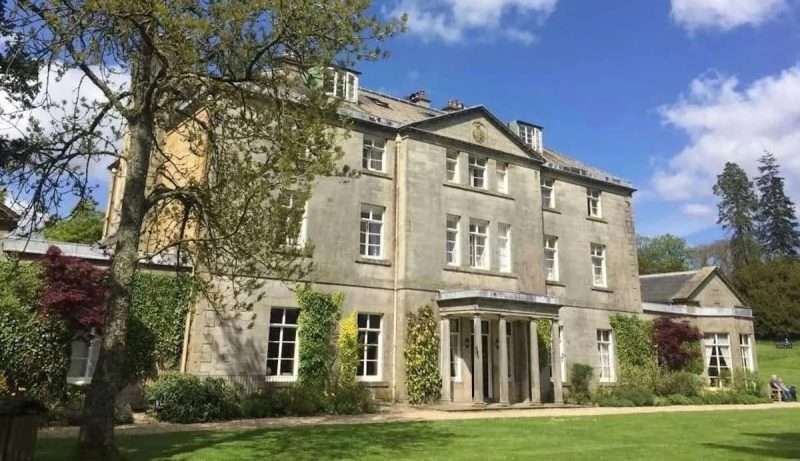
Contact Castle Craig Addiction Rehab Centre
Choosing residential addiction treatment marks a significant and powerful decision. We encourage you to contact us to find out more about our support. You can book a free alcohol or drug addiction assessment and begin a private conversation to discuss your circumstances and clarify our admissions process without pressure.
Our goal is to make starting your recovery as smooth as possible. To speak directly with our team, please call us on 01721 546 263. Alternatively, you can easily share your details by filling out the online form here. We are ready to help you begin your journey towards lasting change, one step at a time.
Outpatient Drug and Alcohol Treatment in Edinburgh
We also offer outpatient therapy in the centre of Edinburgh. Patients can meet with one of our experts in a private and comfortable setting for addiction therapy sessions, family therapy, therapeutic assessments, psychiatric assessments and aftercare.
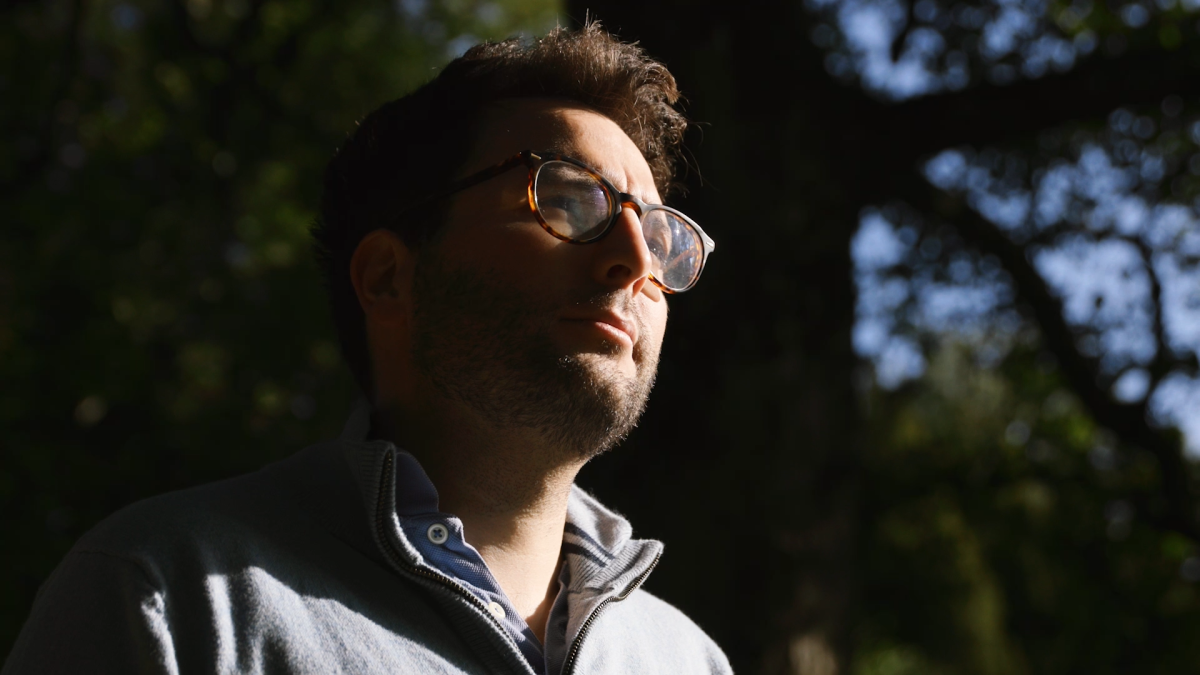
We Are Proud of Our 98% Patient Satisfaction Levels and We Publish the Results Online.
Accredited and Evidence-Based Inpatient Addiction Treatment
Our accredited addiction treatment near Edinburgh is regulated by Healthcare Improvement Scotland, confirming our commitment to high standards of care. Our long history speaks to our dedication to helping people who may be struggling with addiction. We stand by our passionate devotion to providing safe and trusted support for substance misuse in the UK.
We use evidence-based treatment methods, meaning our therapies and techniques have been proven by research to be effective. This provides a strong foundation for your recovery journey. Using a scientific basis gives our patients confidence in their residential addiction treatment and the support they receive from our expert team.









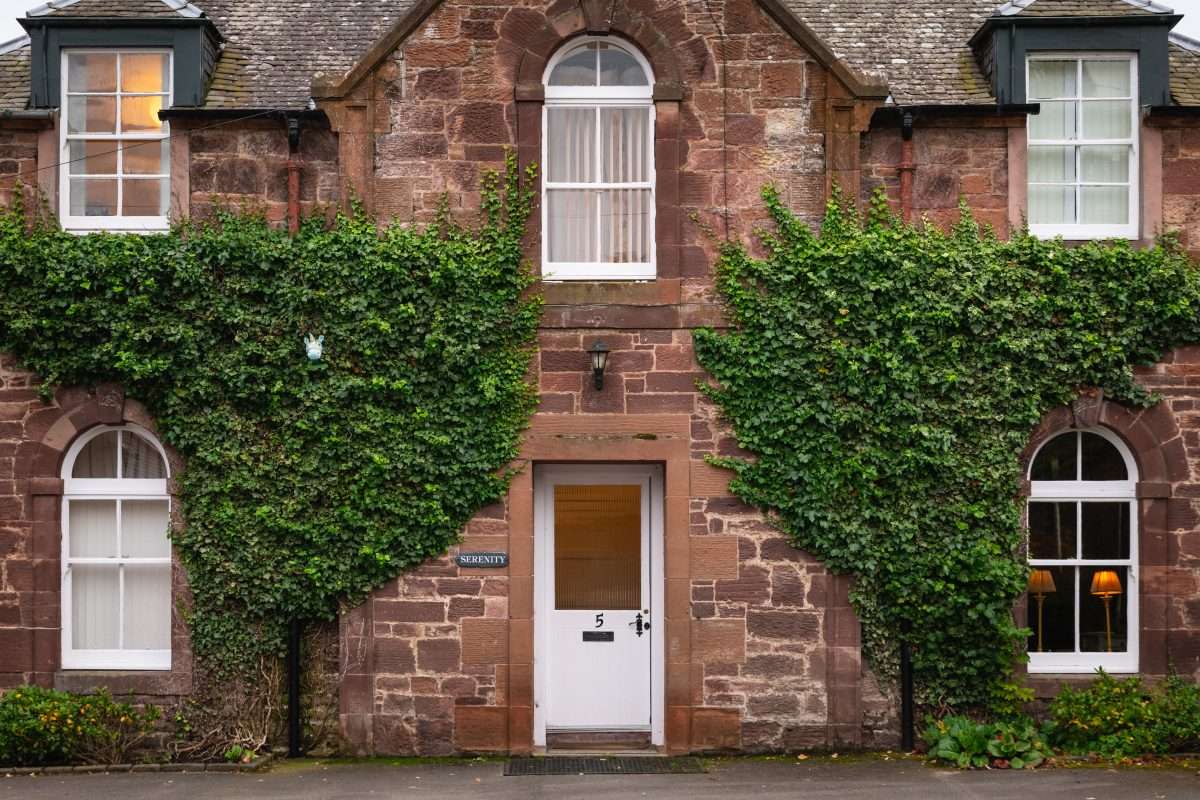
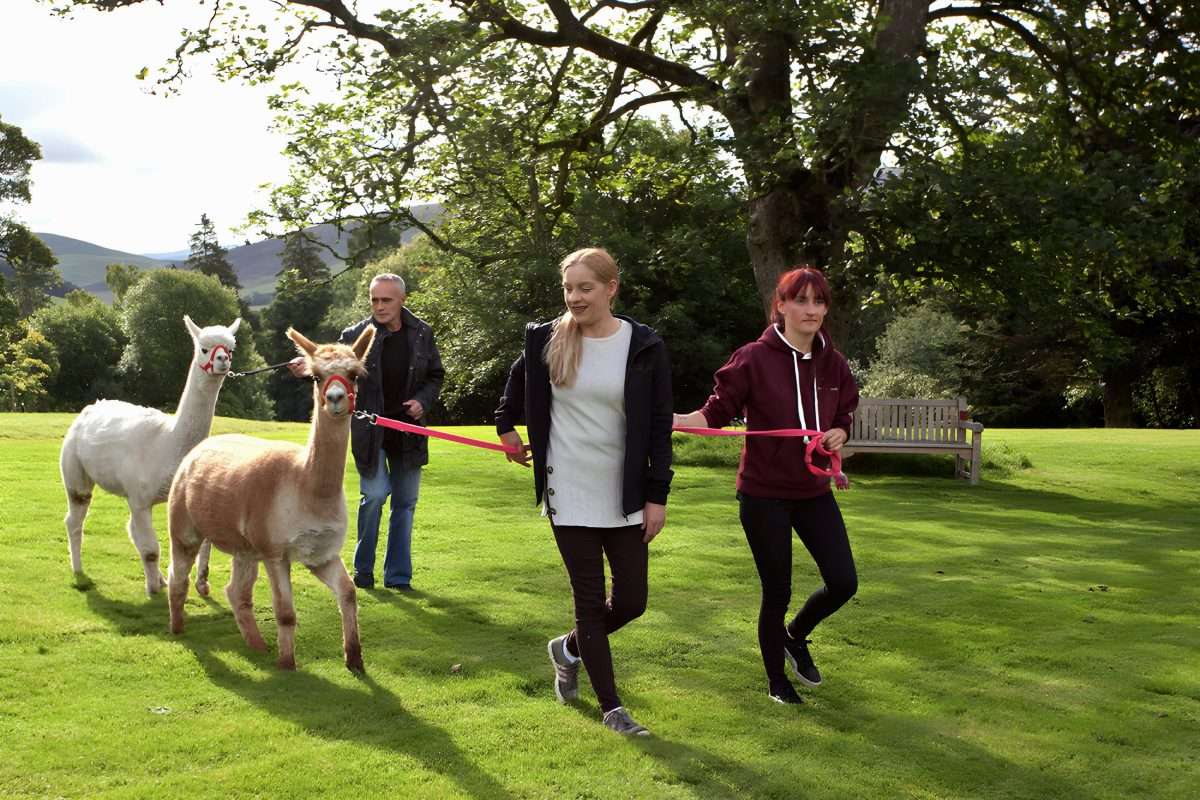
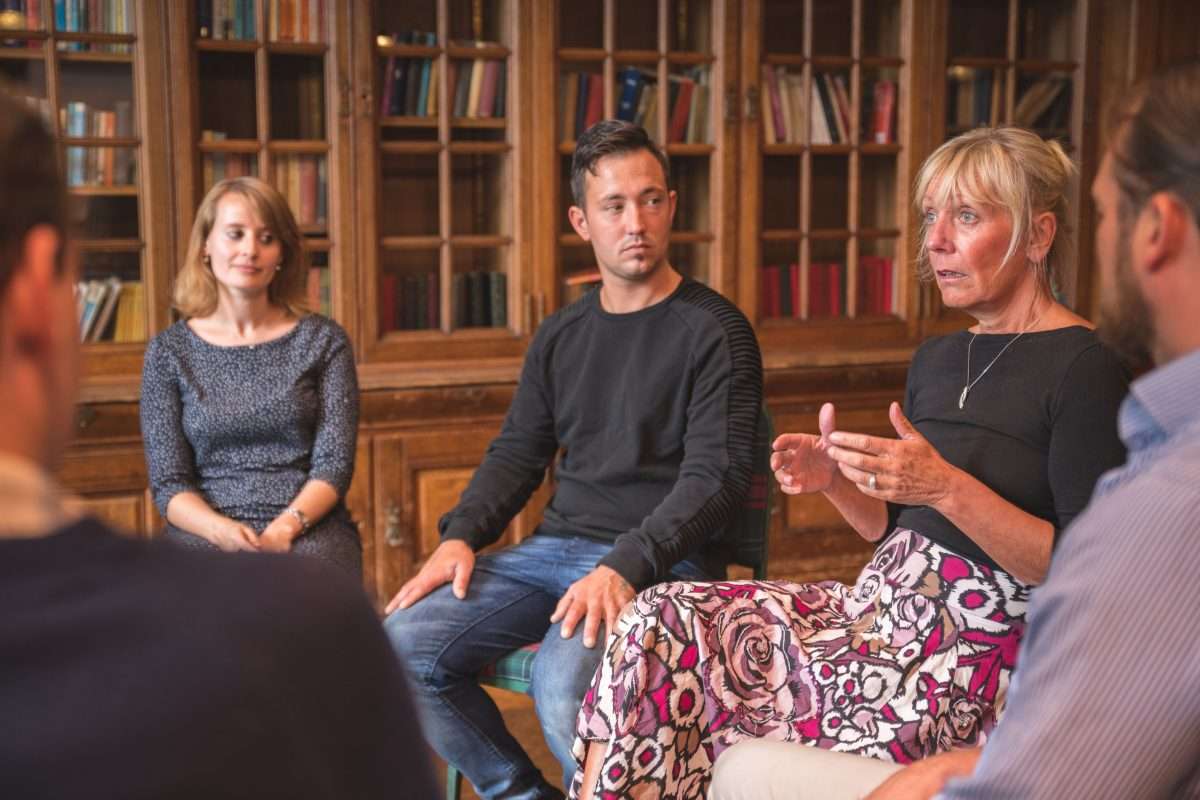
Why Choose Castle Private Residential Addiction Treatment?
Choosing private residential addiction rehab is an important decision for your recovery. We present a dedicated space for healing, removed from your everyday environment and its inescapable challenges. Inpatient care provides a genuinely supportive setting where you can devote your atention entirely on your well-being. Below, we explain some of the specific benefits that our residential rehab centre near Scotland offers.
- Options for 28-Day or Longer-term Drug and Alcohol Rehab: We offer flexible lengths of stay, including our 28-day residential treatment. Long-term options are also available for people who need more time for their drug and alcohol rehab journey.
- Medically Managed Detox and 24/7 Clinical Supervision: Our medically managed detox is overseen by a Consultant Psychiatrist and a 24/7 team of doctors and nurses. This constant medical observation helps ensure your safety and comfort during withdrawal.
- Evidence-Based, Personalised Treatment Plans: Our residential addiction treatment is guided by evidence-based methods. These are therapies and techniques that have been proven by research to be effective, giving you a strong foundation for recovery.
- Decades of Experience Treating Addiction and Mental Health: With over 37 years of expertise in addiction recovery, we have a long history of helping people. Our experience extends to supporting those with mental health conditions alongside substance misuse.
- Private, Confidential and Secure Residential Setting: Our discreet location in the Scottish Borders offers you a highly confidential and secure place to heal. Being removed from public scrutiny helps you delve completely into your recovery work.
- Nature-Based Environment That Supports Recovery: Our Georgian estate is set in 50 acres of parkland in the countryside. These nature-based surroundings provide a peaceful atmosphere and a calming rehab retreat environment that helps support deep recovery from substance addiction.
- Wide Range of Therapies, Including Group and One-to-One Sessions: We offer a variety of comprehensive therapies to help you explore personal feelings and develop coping skills. This includes one-to-one addiction counselling and group therapy for peer support.
- Ongoing Aftercare and Relapse Prevention Support: Our support for your recovery path does not end when you leave. We offer continuing care and relapse prevention support to help you remain sober. You will have access to resources and guidance after your stay with us.
Castle Craig’s medical staff has decades of experience in treating drug and alcohol addiction. They ensure that every patient at Castle Craig receives compassionate, expert care throughout their recovery journey.
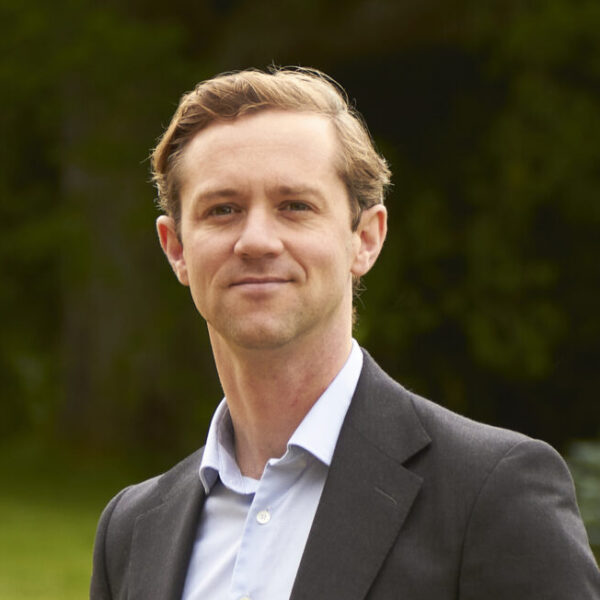
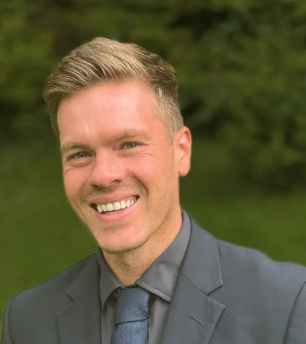
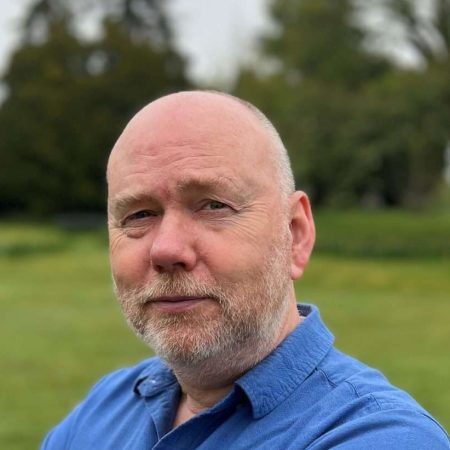

Our Team from Edinburgh, Lothian and Wider Scotland
Our therapists and medical team come from all over Scotland – locally from the Borders and Edinburgh, as well as East Lothian, West Lothian, Lanarkshire, and Glasgow.
Our therapists are accredited with either COSCA (Counselling and Psychotherapy Scotland) – Scotland’s professional body for counselling and psychotherapy or BACP (British Association of Counselling and Psychotherapy).
Our regulatory body is Healthcare Improvement Scotland and we received an ‘excellent’ grade in our last inspection. Many of our staff have relocated to the Borders or Edinburgh from elsewhere in the UK or from abroad to work with us and help us deliver our much-needed addiction treatment to our patients.
How Much Does Private Inpatient Addiction Rehab Cost in Edinburgh?
The cost for private inpatient addiction rehab in Edinburgh can vary, but a typical price range is from £650 to £1,500 per day. A 28-day stay in an accredited residential rehab typically amounts to approximately £18,000 to £40,000. These figures generally cover your stay in a private, comprehensive treatment setting.
The final addiction treatment cost in Edinburgh may differ depending on the quality of the rehab centre and the accommodation type. A longer duration of treatment can also influence the total price. Castle Craig includes all of your therapies and treatments within our costs, allowing you to begin recovery without concerns over unexpected bills.
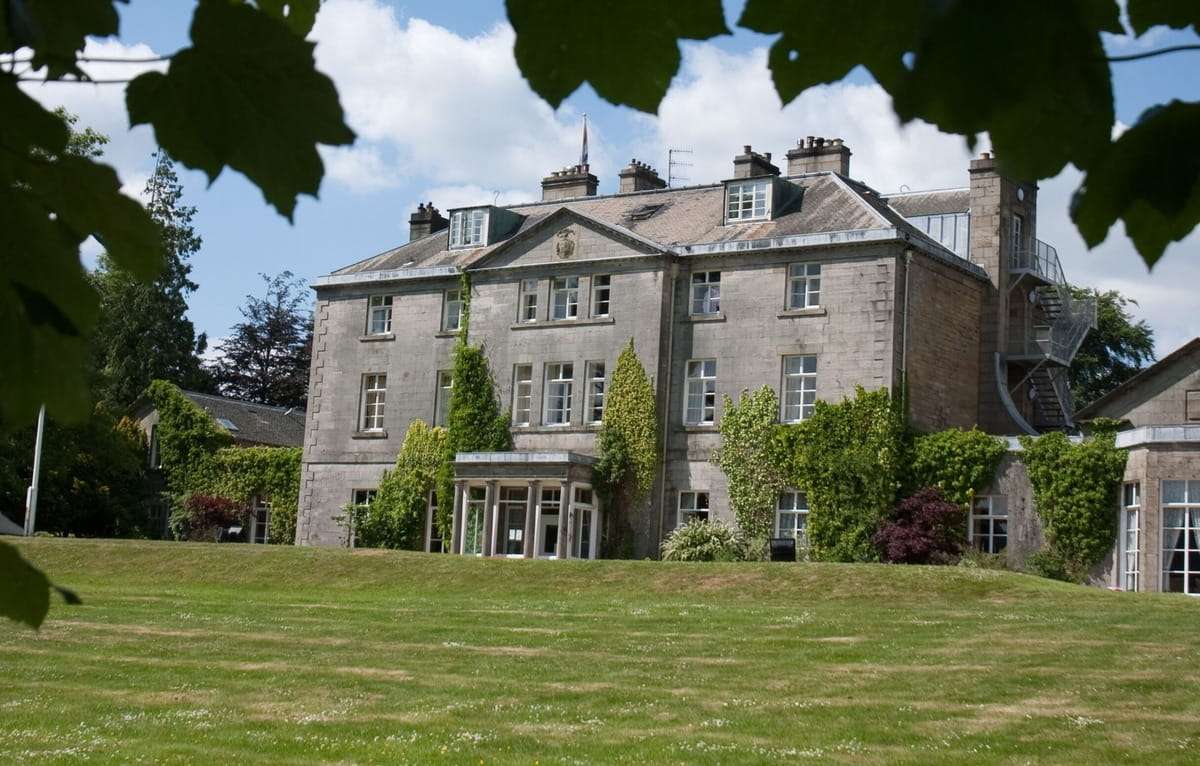
Questions About Drug or Alcohol Rehab?
Castle Craig Drug and Alcohol Rehab Admissions Process
Starting alcohol or drug addiction treatment in Edinburgh can feel like a big step. Our admissions process is clear and supportive, designed to make your journey to our residential rehab centre simple and reassuring. We will guide you through each stage, helping you feel comfortable and ready to begin your sobriety journey. We understand how anxious someone can feel while waiting for treatment, whether it’s for yourself or a loved one. At Castle Craig, our admissions team works hard to ensure an efficient and seamless transition into rehab, and we offer multiple avenues for patients to access our services:
- Call the Number on This Website to Get Started: Contact our team on 01721 546 263 for an initial conversation about residential addiction treatment.
- Speak With an Admissions Specialist Confidentially: You can talk privately with one of our specialists to discuss your individual treatment needs.
- Complete a Confidential Pre-Admission Assessment: This review helps our team understand your history and health.
- Receive Confirmation of Admission and Plan Your Arrival: After approval, we will confirm your start date and arrange your arrival.
- Arrange Travel to the Clinic With Guidance if Needed: We can help you plan your travel to our rehab centre, making your journey straightforward.
- Arrive On-Site and Begin Orientation and Detox: A warm welcome helps you settle in, ready to begin your medically managed detox if needed.
- Start Your Residential Treatment: Once detox is complete, you will begin your specific residential treatment plan, designed for you and only you.
Castle Craig Drug and Alcohol Rehab Centre Accepts Medical Insurance
Castle Craig proudly accepts private health insurance for drug and alcohol addiction treatment. This makes our residential rehab centre near Edinburgh accessible for many people seeking vital support in the UK. Using private medical cover can help reduce financial worries leading up to treatment, allowing for a pure focus on recovery efforts.
We accept plans from major UK-based health insurance providers. These include Bupa, AXA Health, Aviva, Vitality, Cigna, WPA and Healix. Policies from these insurance companies often cover all or part of the cost for drug or alcohol addiction treatment; however, checking your individual policy details is necessary to confirm your benefits before rehab admission.

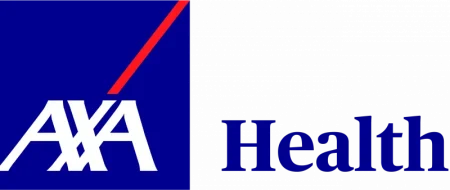
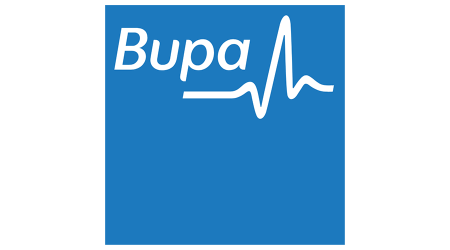
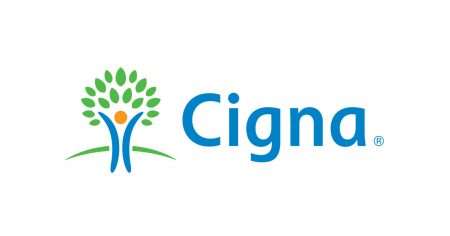
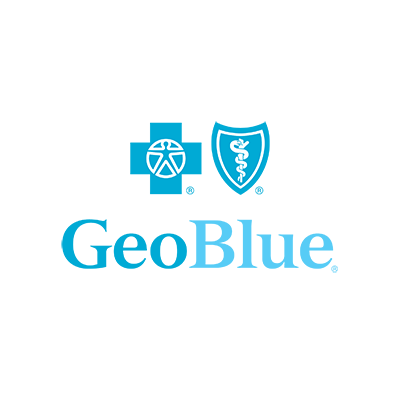
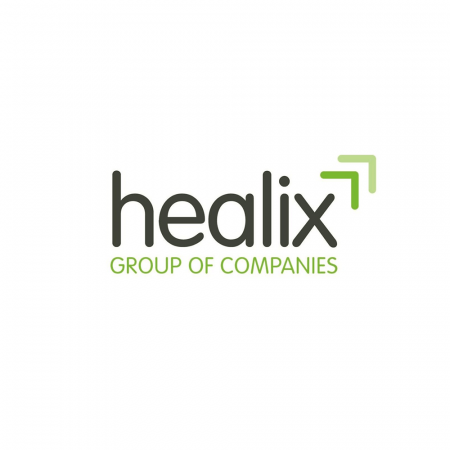
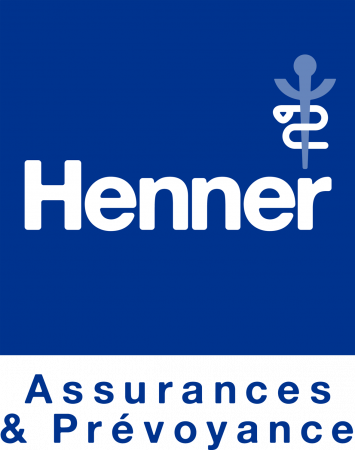

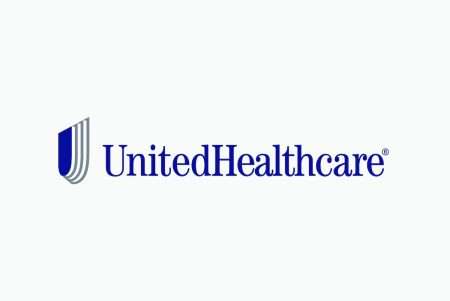
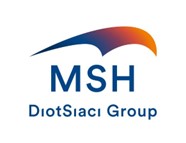

-
Admissions for Cocaine Addiction at Castle Craig
Castle Craig rehab clinic has seen a huge increase in young people seeking treatment for cocaine addiction over the years. Professor Jonathan Chick, former Medical Director at Castle Craig clinic and based in Edinburgh himself, said recently to the media:
Castle Craig specialises in the treatment of cocaine addiction and our team of Psychiatrists, clinicians and expert therapists are ready to help you start a new life free of drugs.
“There are a lot of young people who don’t really believe how addictive cocaine can be. It has a very clever action in the brain. It can really hijack the pleasure circuits and then leave them stuck in low gear until the next dose.”
-
Private Paying Patient Admissions
If you choose to self-fund treatment and require immediate care, we aim to have you admitted within 24 hours, provided there is availability and as long as we receive the necessary medical documentation from your GP.
-
Medical Insurance Admissions
Castle Craig works with a range of major healthcare providers, including BUPA, AXA Health, Vitality, and more, making it easier for insured patients to access treatment.
-
NHS Referrals
Patients may be referred through the NHS, and we receive referrals from Edinburgh Alcohol and Drugs Partnership (NHS). Applying for funding through the NHS can take several months.
-
Free Drug and Alcohol Addiction Services in Edinburgh
There are numerous drug and alcohol services available to the residents of Edinburgh, such as NHS-run clinics and community support groups offering help to those in need.
The Edinburgh Alcohol & Drug Partnership has plenty of information and advice for those who need help with their addiction. Their website also features a directory of locally based services that can assist those battling a drug or alcohol problem. Scottish Drug Services has an excellent and extensive directory as well.
In case of emergency, the Edinburgh Crisis Centre is open 24/7 for anyone suffering from a mental health problem, including addiction. Counselling, as well as practical assistance, is available at the Edinburgh Crisis Centre by phone and in person.
While these services provide much-needed help to people struggling with addiction, waiting times are often lengthy and their resources are limited. These free addiction services are often drastically underfunded, and so for someone looking for a medically supervised detox, they aren’t always an appropriate option. Private addiction clinics like Castle Craig offer a more immediate and immersive solution for those ready to take the next step toward recovery.
-
AA and NA Groups in Edinburgh
Peer support plays an important role in maintaining long-term sobriety, and this is something we reinforce throughout our treatment programme. Edinburgh offers a wide network of Alcoholics Anonymous (AA), Narcotics Anonymous (NA), and other peer support meetings, providing an invaluable resource for anyone who has finished treatment and is looking for ongoing support.
At Castle Craig, we introduce our patients to these groups while they are in rehab with us so that it’s a familiar experience when they come to leave. We have excellent networks among the fellowships in Edinburgh and the Lothians and are able to match patients who leave us to carefully chosen, local sponsors. When creating your continuing care plan, your focal therapist will help you prepare a plan for attending a local meeting near your home in Edinburgh so you can begin building your support network as soon as you leave treatment. Regularly attending AA or NA meetings helps you stay focused on your recovery goals, with the comfort of knowing you are not alone.
Alcohol Anonymous Meetings in Edinburgh
AA meetings in Edinburgh can be found on the Alcoholics Anonymous Edinburgh page. There are many AA meetings in Edinburgh every day of the week and at various times, including the following (please verify the timings with the AA website in advance):
- Morningside
- Palmerston Place, West End
- Lauriston Street
- Leith Walk
- Sighthill
- East End
- Portobello
- Musselburgh
Narcotics Anonymous Meetings in Edinburgh
For the latest list of meetings please refer to this guide on the Edinburgh and Lothians NA website. Meetings are held weekly at venues in multiple locations including:
- Leith
- Oxgangs
- Laurieston Gardens
- Musselburgh
- Sighthill
- Longstone
- Peebles
Find Out About Our Private Residential Rehab
Contacting our private residential rehab near Edinburgh marks a significant decision for your future. We offer free, confidential drug or alcohol addiction assessments, providing a supportive space for you to speak with a professional. This initial discussion helps clarify your recovery options and gives you valuable insight without any obligation.
After your assessment, we can craft a residential treatment plan that truly fits your personal recovery goals. We also provide clear details on the associated residential rehab cost, explaining all factors that contribute to pricing your care. To explore ways to begin your journey and find out how we can help you every step of the way, please call us on 01721 546 263.
Frequently Asked Questions About Rehab in Edinburgh
-
Should I Attend Residential Rehab Close to My Home?
The most important thing when choosing a residential rehab is the quality of the treatment. At Castle Craig we treat people from across the UK and Europe and we find that success rates do not depend upon the proximity of the rehab centre to one’s home. Nevertheless, there are certain conveniences that people from Edinburgh will be able to benefit from when they come to Castle Craig. For example, your family will be able to visit easily on Sundays, and we can provide ongoing therapy for you at our outpatient practice in Edinburgh’s West End.
-
How Much Does NHS Rehab Cost in Edinburgh?
In Edinburgh, NHS rehab for alcohol or drug addiction is free for those who are referred to their local services. Waiting times can be long so it is worth considering a private pay option.
-
Can I Stop Drinking on My Own?
If you’re a regular or heavy drinker, it can be dangerous to reduce or quit alcohol on your own. A medically managed detoxification is recommended such as the service we provide at Castle Craig. Your doctor can refer you for NHS or private treatment in Edinburgh to help manage alcohol withdrawal.
Free & Confidential Assessment
Compassionate, expertly delivered evidence-based practices and a patient-centred approach are at the heart of our treatment model. Request a call-back from one of our professionals on any day of the week.
-
Rates of Drug and Alcohol Misuse in Edinburgh
Edinburgh has seen a significant increase in hospital admissions and fatalities related to substance misuse, highlighting the need for comprehensive addiction treatment. Castle Craig has helped many patients from Edinburgh achieve long-term recovery, offering a lifeline to those affected by addiction. Our comprehensive treatment programme has proven to be effective, and we are proud to have supported countless patients on their path to sobriety.
In Edinburgh, the majority of people referred to drug and alcohol services struggle with alcohol, cannabis, prescription drugs and cocaine misuse. Although alcohol misuse among young people has fallen over the past years in Edinburgh, Scotland is at the top of the European table for the use of ecstasy, cocaine, and inhalants and has more drug deaths per capita than any other European nation.
Alcohol and drug misuse are common in major cities such as Edinburgh, but these figures are mirrored across the whole of Scotland, which has seen an increase in drug-related deaths over the past ten years.
-
Drug and Alcohol Misuse in Edinburgh and Scotland
- In Scotland, there were 1,277 alcohol-specific deaths registered in 2023, an increase of one death from the previous year and the highest number since 2008.
- Scotland continues to have one of the highest rates of alcohol deaths in the UK, with a mortality rate of 22.6 per 100,000 people in 2023.
- In England and Wales, 5,448 deaths related to drug poisoning were registered in 2023, the highest number since records began in 1993.
- In NHS Lothian, which includes Edinburgh City, there were 182 drug-related deaths recorded in 2023, a 10% increase compared to 2022.
- In 2024 to 2025, the number of people from Edinburgh admitted to residential rehabilitation rose, with 80 people admitted – 69 of them at Lothian and Edinburgh Abstinence Project and 11 in other facilities.
- In 2023, Edinburgh City Police Division recorded 118 suspected drug deaths, the third highest number in Scotland’s Police Divisions.
- As of 2023, 20% of adults in Scotland reported drinking at hazardous or harmful levels, a decrease from 34% in 2003.